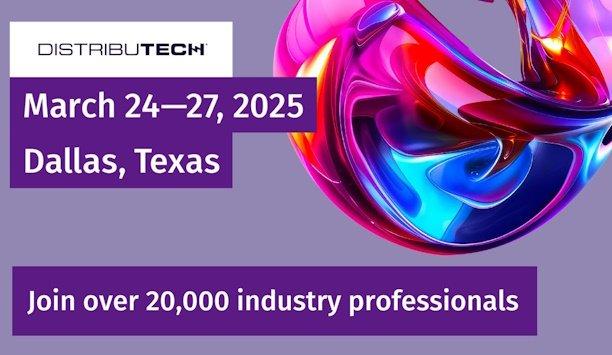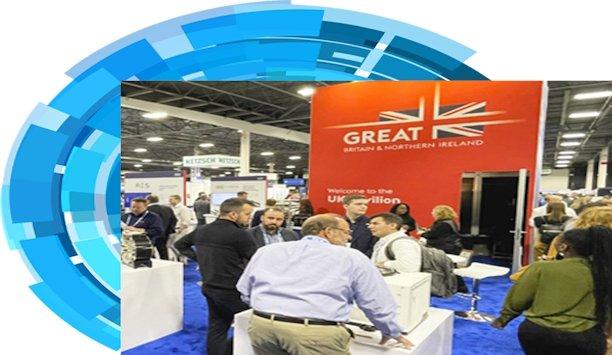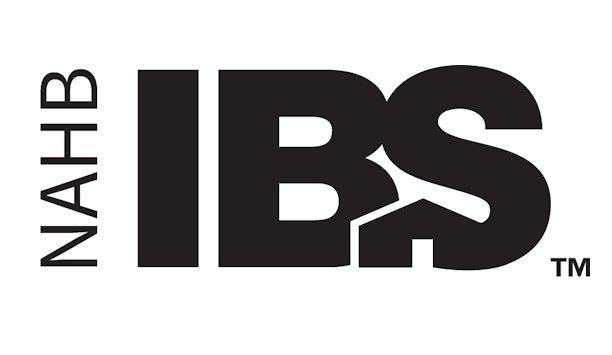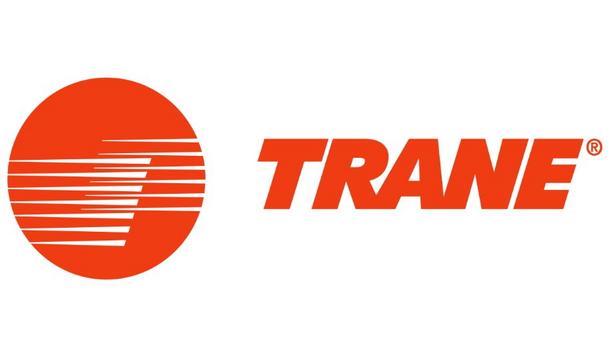Geothermal system associations/ regulatory bodies in United States of America (USA) (43 found)
The North American Electric Reliability Corporation (NERC) is a not-for-profit international regulatory authority whose mission is to assure the reliability and security of the bulk power system in North America. NERC develops and enforces Reliability Standards; annually assesses seasonal and long‐term reliability; monitors the bulk power system through system awareness; and educates, trains, and certifies industry personnel.
Ofgem is Britain’s independent energy regulator. Their role is to protect consumers now and in the future by working to deliver a greener, fairer energy system. They are a non-ministerial government department and an independent National Regulatory Authority.
OMNIA Partners, Public Sector is the cooperative purchasing organization that is driving excellence in public sector procurement for K–12 schools and districts, state and local governments, colleges and universities and nonprofits. OMNIA Partners offers the most robust portfolio of high-quality cooperative contracts in the public procurement space.
OpenTherm is a non-manufacturer-dependent system of communication between modulating HVAC appliances and room thermostats. It consists of a communication protocol and an interface specification. The OpenTherm communication protocol is primarily designed to control modulating heating appliances. The protocol is available to members of the OpenTherm Association only.
The Society for Public Health Education (SOPHE) is a nonprofit, international professional association with a diverse membership of health education professionals and students. The organization promotes healthy behaviors, healthy communities, and healthy environments through its membership, its network of local chapters, and its numerous partnerships with other organizations.
The Sustainable Energy Association are a member based industry body offering innovative policy solutions that link up building-level technologies and the wider energy system to achieve a low carbon, secure energy future for the UK, benefits for UK consumers, and commercial growth for businesses working in the sector.
The Tennessee Valley Authority is a corporate agency of the United States that provides electricity for business customers and local power companies serving 10 million people in parts of seven south-eastern states. TVA is fully self-financing, funding virtually all operations through electricity sales and power system bond financing. TVA focuses on Energy, Environment, and Economic Development.
The Brick Consortium, Inc. is a non-profit membership corporation whose purpose is to encourage the research and development of Brick Schema Specifications for the built environment and any supporting tooling, documentation, and best practices necessary to promote Brick. The consortium develops the Brick Schema Specifications as open source through member participation.
U.S. Climate Alliance states are committed to taking real, impactful, on-the-ground action that urgently addresses the climate challenge. In becoming an Alliance member, member states commit to achieve the Paris Agreement’s goal of keeping temperature increases below 1.5 degrees Celsius globally.
Founded in 2003, Utilita was created to challenge the Big 6 energy suppliers by empowering everyone with a fair and flexible service that’s good for the pocket and planet.
World Environment Center is an independent, global non-profit, non-advocacy organization that advances sustainable development through the business practices of member companies and in partnership with governments, multi-lateral organizations, non-governmental organizations, universities and other stakeholders.
The World Plumbing Council (WPC) is an international organization which aims to develop and promote the image and standards of the plumbing Industry worldwide. World Plumbing Day is an international event on March 11 every year, initiated by the World Plumbing Council as a means of highlighting the important role plumbing plays in the health, safety and sustainability of the community.
The Wyss Institute at Harvard University uses biological design principles to develop new engineering innovations that will transform medicine and create a more sustainable world. By emulating biological principles of self assembly, organization and regulation, they are developing disruptive technology solutions for healthcare, energy, architecture, robotics, and manufacturing, which are translated into commercial products and therapies.
Browse HVAC companies
Related white papers
Leveraging Radiant And Hydronics To Help Achieve Decarbonization Goals
Debunking Myths To Promote A Bright Future For Heat Pumps
Optimizing Comfort: The Ultimate HVAC Component Guide
Upcoming HVAC events in United States of America (USA)

PHCC West 2025
- 31 - 2 Mar, 2025
- Las Vegas, United States of America (USA)

DistribuTEC 2025
- 24 - 27 May, 2025
- Dallas, United States of America (USA)

Houston Build Expo 2025
- 11 - 12 Jun, 2025
- Austin, United States of America (USA)

Atlanta Build Expo 2025
- 23 - 24 Jul, 2025
- ATLANTA, United States of America (USA)

Refri Americas 2024
- 25 - 25 Jul, 2025
- Miami, United States of America (USA)

The Battery Show 2025
- 6 - 9 Oct, 2025
- Detroit, United States of America (USA)

International Builders Show 2026
- 17 - 19 Feb, 2026
- Orlando, United States of America (USA)
Leveraging Radiant And Hydronics To Help Achieve Decarbonization Goals
DownloadSealed Connectors In Harsh Environments
DownloadPowering And Cooling Next Generation Data Centers
DownloadDebunking Myths To Promote A Bright Future For Heat Pumps
DownloadOptimizing Comfort: The Ultimate HVAC Component Guide
Download






















